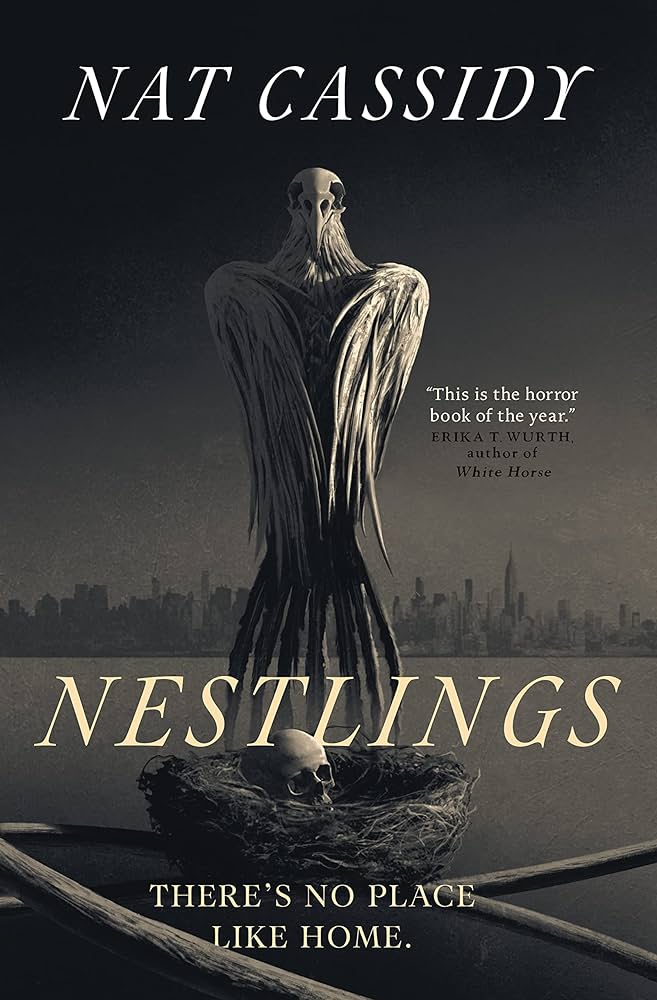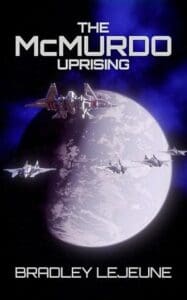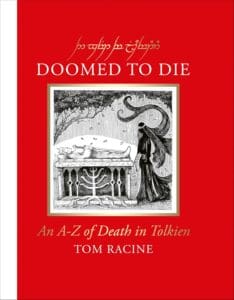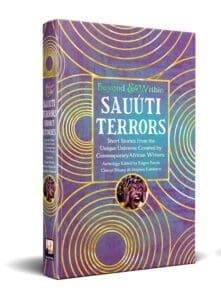
Synopsis
Ana and Reid need a break. The horrifically complicated birth of their first child has left Ana paralyzed, bitter, and struggling―with mobility, with her relationship with Reid, with resentment for her baby. Reid dismisses disturbing events and Ana’s deep unease and paranoia, but he can’t explain the needle-like bite marks on their baby.
Review
Nestlings, Nat Cassidy’s latest horror novel, wears its influences proudly. One part Rosemary’s Baby, one part The Shining, and one part very modern fable about parenthood. That all of these elements fit together so neatly, and that there is so much rich work done within this dark little sandbox, is one of the novel’s great pleasures.
Also, there are vampires.
Kind of.
Reid and Ana have been having nothing but bad luck. Due to complications during the birth of their child Ana is now paralyzed from the waist down. She’s battled through postpartum depression almost surely exacerbated by her new disability, and she’s still angry, hurt, and ambivalent about her role as mother. Reid is a likable enough man-child who resents his day job and his shelved dreams of a music career. They are scraping by in their Brooklyn apartment, under the watchful eye of Frank, their landlord who comes to act as proxy for the city (and the country’s) most distasteful impulses.
That luck changes when they win a housing lottery and suddenly have the opportunity to move into an apartment in the famous luxury apartment building, the Deptford, a location that acts as an essential character.
But the building’s vibes are bad. The baby cries or stares listlessly. There are next to no neighbors, and the staff are all cartoonishly creepy ghouls. Almost immediately, things begin to go south.
How much of this is the building and how much of this is just a portrait of a woman experiencing a significant mental health episode is very much up for discussion, right until it isn’t (In this the book bears a passing resemblance to Cassidy’s other brilliant book, Mary: an Awakening of Terror). Soon, Reid is under the building’s spell, and the plot ramps up to include so many moving parts that it’s a remarkable feat when they all resolve into something like a satisfying conclusion.
Over the course of this drama, Nestlings is able to fold in discussions of disability, Covid lockdowns, the rise of everyday antisemitism, class antagonism, and so much more, all mixed in with vampires, gargoyles, insect invasions, and more.
But it’s Cassidy’s character work that’s really the star here, with a third person point of view so close that we feel as if we are inhabiting the character’s heads in the best possible way.
It doesn’t hurt that both Reid and Ana are smart, funny, and so realistically drawn as to be painful. The opening chapters struck me as especially remarkable in their handling of a marriage tested by the realities of disability. This kind of honest handling of the subject is incredibly thin on the ground, and the work of these chapters also deepens the tragedy that comes later, as things begin to crumble.
Nestlings is a deeply and delightfully weird horror story with a deeply and delightfully human center that builds and builds with incredible force toward its harrowing conclusion.








Leave a Reply